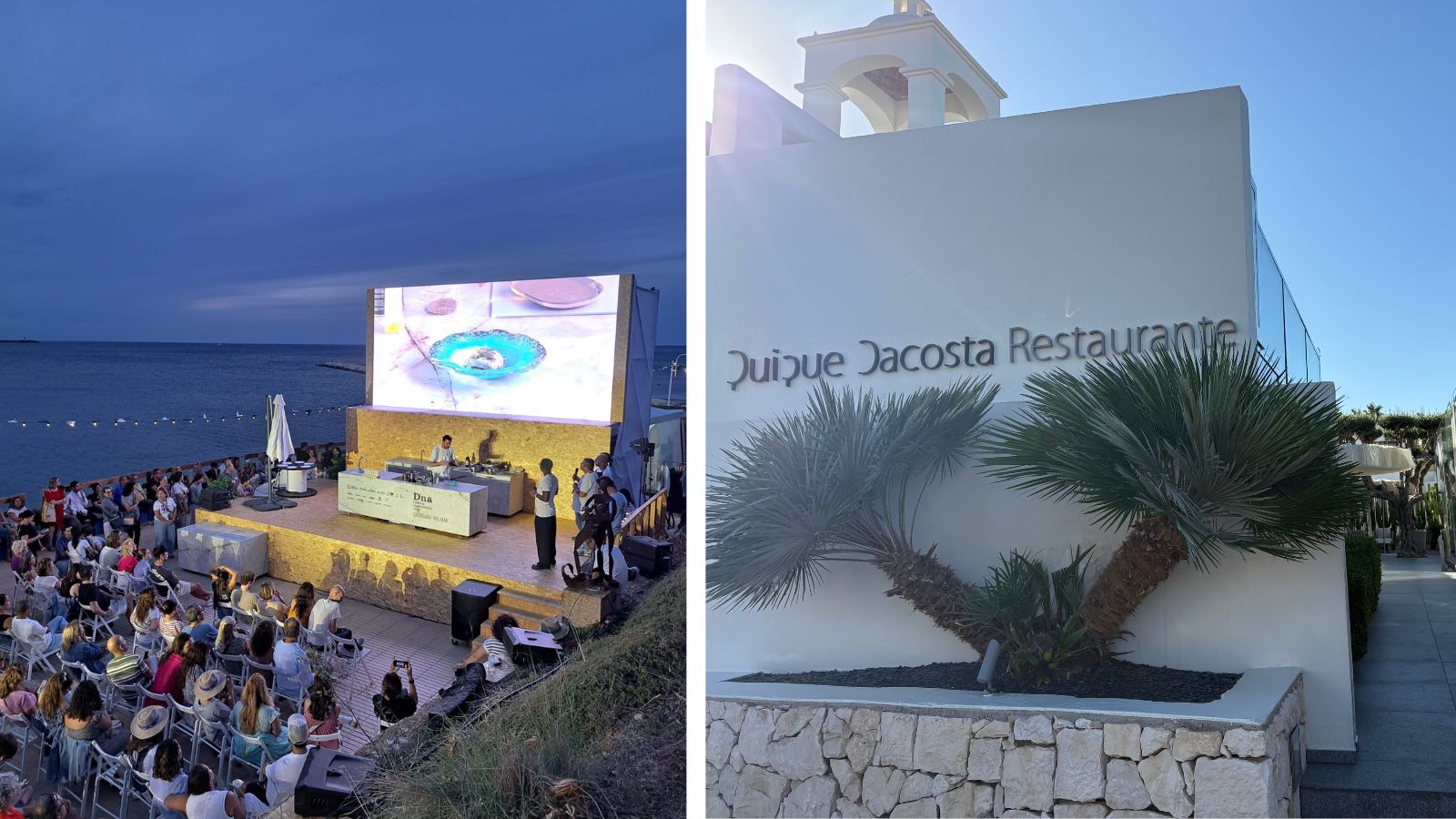Rice is one of the world’s most important crops and forms the basis of the diet for billions of people. It’s cultivated across the globe — including in southern Europe. In Spain’s Albufera Natural Park, just outside Valencia, you’ll find some very special rice fields. Here, Arroz de Valencia is grown — a high-quality rice with a protected designation of origin (D.O.P.). The most famous dish made with this Spanish rice is, of course, Valencian paella. Food Inspiration travelled to Valencia to learn more about this remarkable rice.
Paella originally comes from Valencia. Traditionally, the dish — often prepared by the man of the house — was a social Sunday afternoon ritual. In the past, men worked the fields during the week while women took care of the household and meals. On the land, the men would sometimes catch a rat or a rabbit. On Sundays, their day off, they cooked a meal 'for her' — para ella — using rice from their own land and the animals they caught. That’s how paella got its name. Today, the rat has thankfully been replaced by chicken.
.JPG)
What makes Spanish rice special?
Even today, Spanish paella chefs prefer to work with traditional Spanish rice: Arroz de Valencia. This rice comes from Albufera Natural Park near Valencia and has a protected designation of origin. The park’s unique ecosystem results from the combination of saltwater from the sea and freshwater from mountain meltwater. Around 40 hectares of land are suitable for rice cultivation here. The short-grain rice produced in Albufera is known for its high absorption capacity, making it ideal for dishes where the rice should take on the flavors of the other ingredients — an essential characteristic of a good paella. For that reason, it’s often called 'paella rice.'
Since 1988, rice from Albufera has been protected under the D.O.P. Arroz de Valencia certification, which guarantees both its quality and origin.
.JPG)
A devastating storm
In October 2024, the region around Valencia and Albufera Natural Park was hit by a devastating storm and heavy rainfall. The natural disaster caused massive flooding and water damage, claiming the lives of 231 people. The local population is still working on rebuilding the area. The economy is recovering, but the emotional scars among the Valencians remain deep.
3 Spanish top chefs who swear by Arroz de Valencia:
-
Quique Dacosta: The chef of the eponymous three-Michelin-star restaurant in Dénia, a coastal town about an hour’s drive from Valencia. Dacosta is known for his innovative approach to traditional Catalan and Valencian cuisine. His menus often feature fish and shellfish — and, of course, Spanish rice.
-
Ricard Camarena: A chef who works with locally grown ingredients — many from his own gardens — and focuses on plant-based, no-waste cooking. His restaurant in Valencia holds two Michelin stars and one Green Star. In the We’Re Smart Green Guide, Camarena received the maximum score of five radishes. This year, the guide ranked him sixth among the world’s top 100 vegetable-forward restaurants.
-
Rafa Margos: Paella is Valencia’s most famous dish, and Rafa Margos is the city’s most renowned paella chef. Often called “the paella master,” he regularly prepares giant paella pans for events as well as for guests at his family restaurant Las Bairetas in the village of Chiva, about half an hour from Valencia.
.JPG)
Festival Gastronòmic Dénia
Every September, the Festival Gastronòmic takes place in Dénia, a coastal town about an hour’s drive from Valencia. The festival attracts around 100,000 visitors each year. Over two days, more than 200 local chefs and producers present their specialties. Spain’s top (Michelin-starred) chefs give demonstrations and cooking workshops. The event is organized by the Dénia Creative City of Gastronomy Foundation, established after Dénia’s designation as a UNESCO Creative City of Gastronomy.
And while you’re there, a lunch or dinner at the three-Michelin-starred Quique Dacosta restaurant will make your culinary experience truly unforgettable — just be sure to book well in advance.
